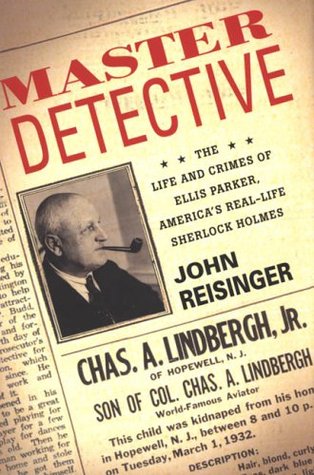Since I am so proud of myself, here are my mini book reports.
I read most of this book while traveling to Huntington Beach over Thanksgiving Break. I remember one summer growing up when we went on a road trip to North Dakota for a conference my mom was attending and one of the stops on the way home was at the site of the Battle of Little Big Horn. All I remember was grasshoppers, dirt, hot temperatures, and lots of complaining while we waited in the car for what seemed like hours. We were waiting because my dad was having this historical moment standing out in the field trying to re-create Custer's last stand in his mind.
I honestly have zero recollection of learning anything about George Custer between that summer and when I started teaching U.S. History. It just simply wasn't a time period or story I was interested in. Teaching about Custer's impact on the Battle of Gettysburg taught me a little and this book may have actually changed that more. It was really interesting!
Basically, by 1876 Custer had lost his heroic touch. He'd sort of began going blind and crazy before he sent his men to fight the Sioux and they all died. He had no idea how many Indians he was even up against, his men and their horses were exhausted, and he was just too cocky to make a different decision. History says that all of his men died in a matter of about 1 hour. This book tells the story of Frank Finkel. He charged at Custer's command, but his horse was sick so he was near the back of the pack. His horse was wounded, then he was wounded, but the horse just kept on running. Eventually the horse collapses and dies and Finkel wanders around for a few days before running into some mountain men who nurse him back to health. When he finally returns to civilization, he reads a newspaper account of the battle and sees his name listed as one of the 100% who died. Thinking he would be executed for desserting, he just decides to blend back into society and never mentions his story until years later.
The book tells Finkel's story and then looks at the validity of the story and if it was possibly true or not. At the end, you are sort of left to decide for yourself what you think about all the evidence the author has given you. It's quite interesting and I would recommend it if you like to read historical non-fiction books (which is basically the only genre I ever manage to get through . . . yes, I'm a nerd).
Master Detective by John Reisinger
I had heard of Charles Lindbergh, of course, and had heard of his child being kidnapped. This story relates to that, but is much more interesting. Lindbergh was living in New Jersey at the time and one of the nation's greatest detectives was also there. His name was Ellis Parker. He solved every complex crime in New Jersey for years and was chronicled in newspapers as the "Sherlock Holmes of America."
The first half of the book talks about all of Parker's many cases that he solved and though it got a little dry towards the end of this part, most of the stories were very interesting. He was an expert at what he did and was able to get people to confess or get into their heads to figure out what they did better than anybody. The second half of the book gets a little upsetting. For reasons that are hard to understand, this great detective (and seemingly nice family man) gets tangled up in the Lindbergh case (years after the kidnapping) and it ends pretty badly for him.
Parker was working as a detective during a time period when police work was not really regulated or organized in the United States. There were only county or city police forces and J. Edgar Hoover had just barely been hired to run a federal agency (not even called the FBI yet). When the kidnapping happened (1932), Parker wanted to be involved and felt shunned that he wasn't, but there was a brand new New Jersey state police trying to use it as their first big case and they basically muddled up the whole thing. With Parker's limited access to details of the investigation, he still came up with who he thought did it. When the state police arrest who he thought was the wrong guy (and eventually try and execute him) Parker goes to extreme (and illegal) lengths to put his own suspect out there instead. It doesn't end well. It made me a little sad. The author is not sure why he ended up doing this or what he really thought was the truth at that point. You get to decide for yourself. It was a good read!

